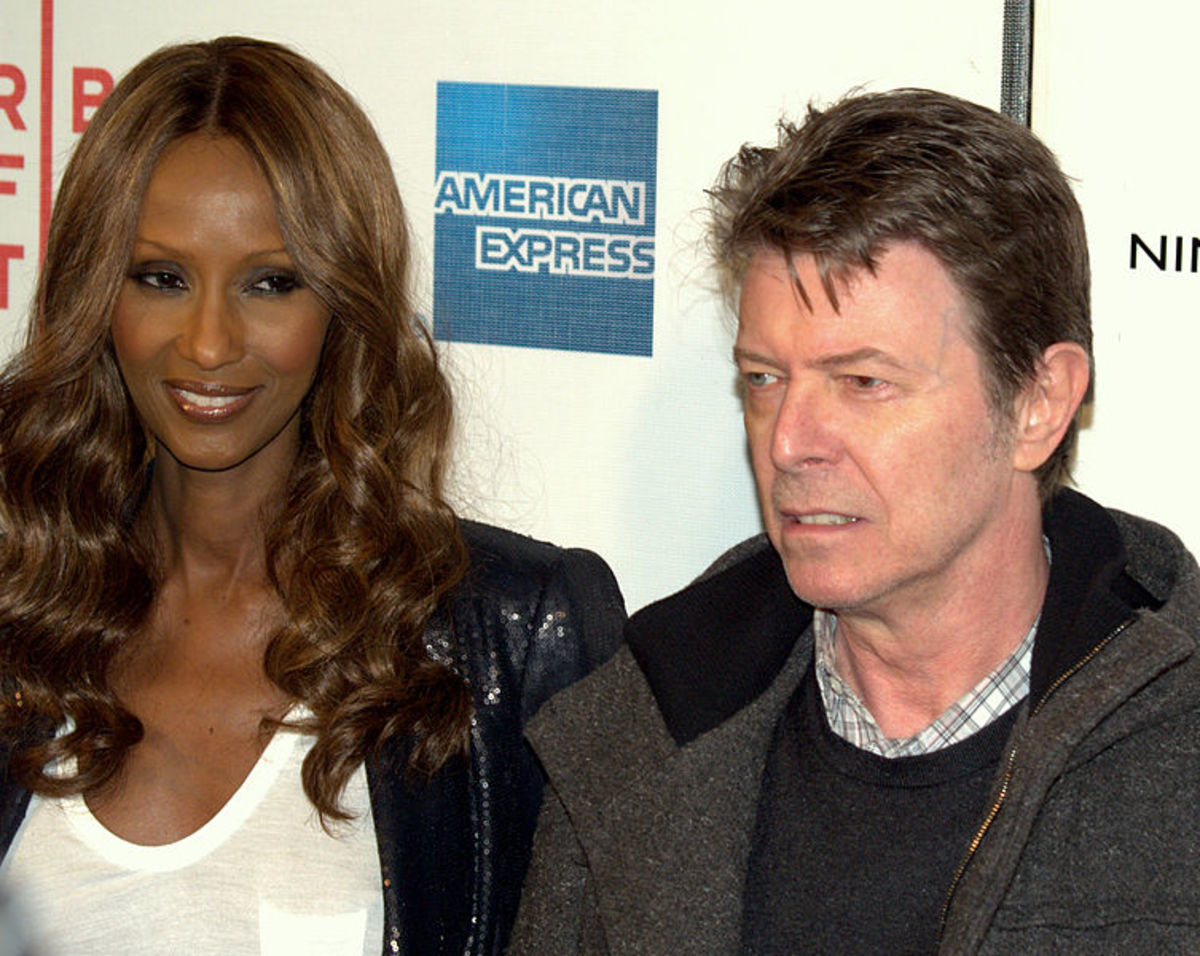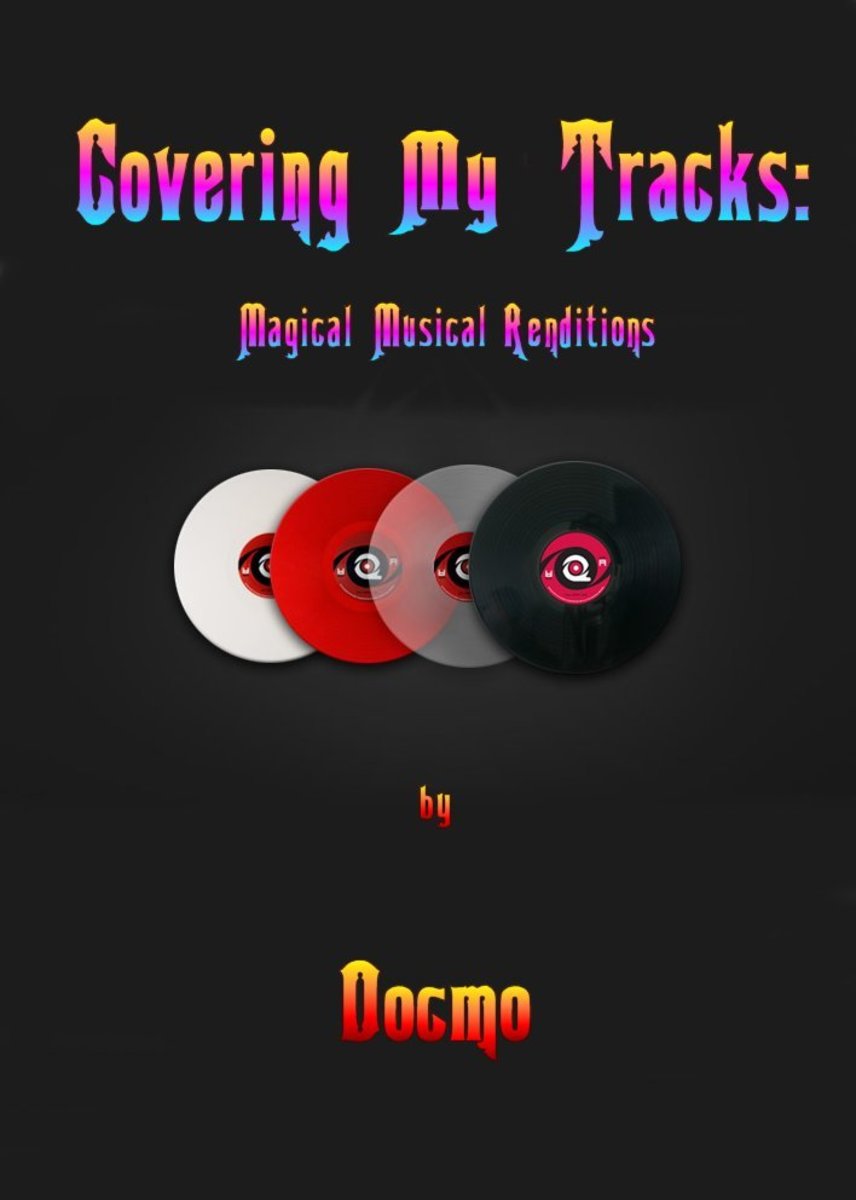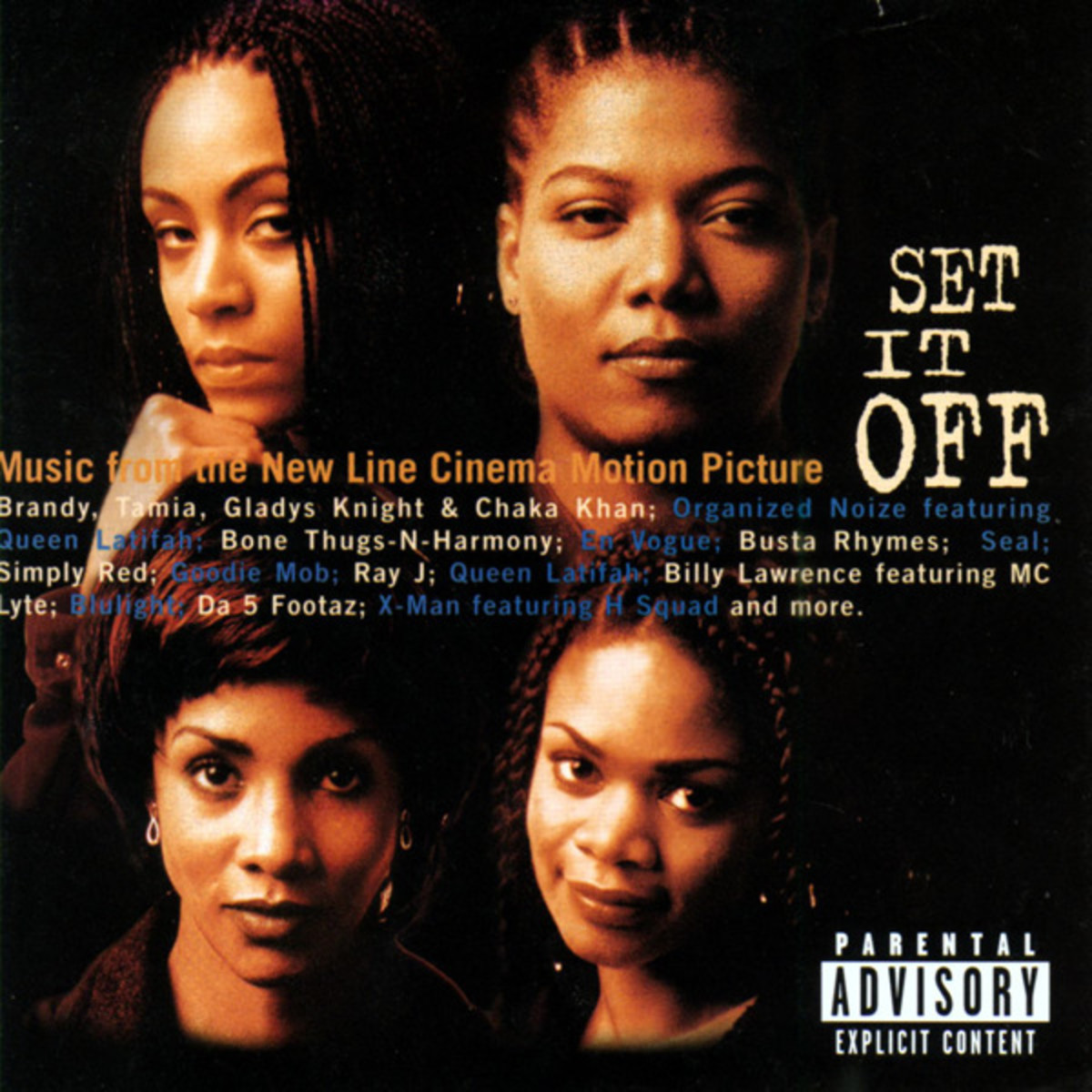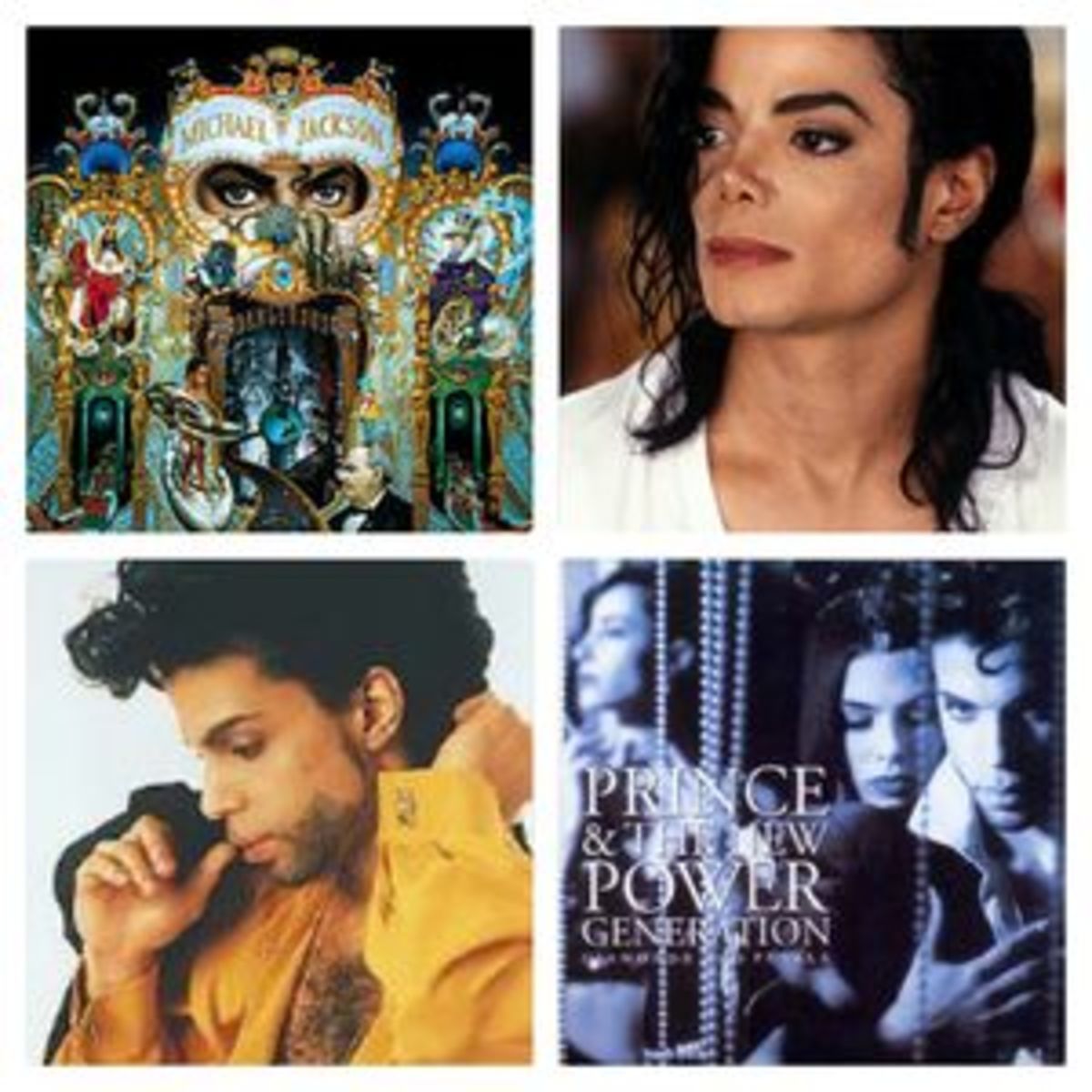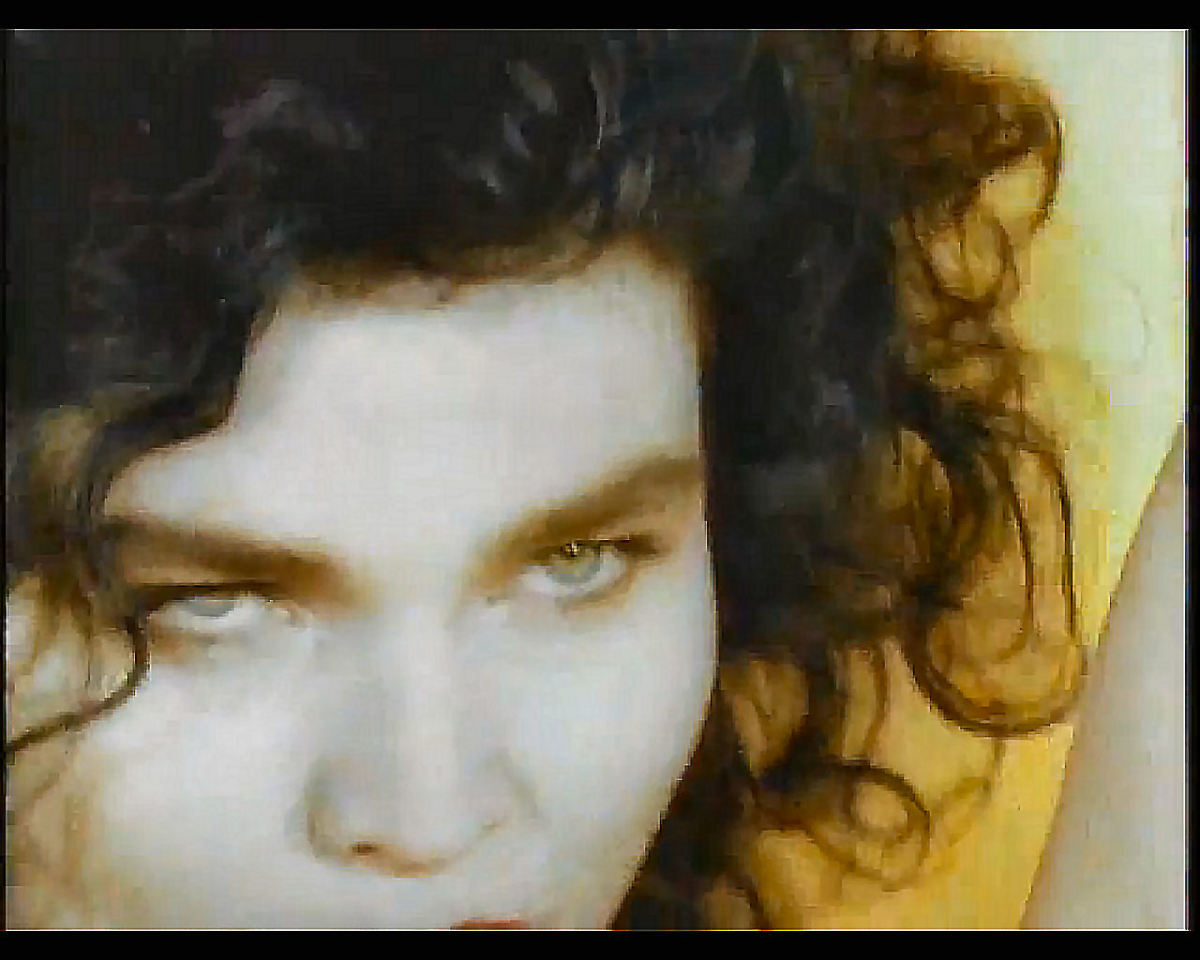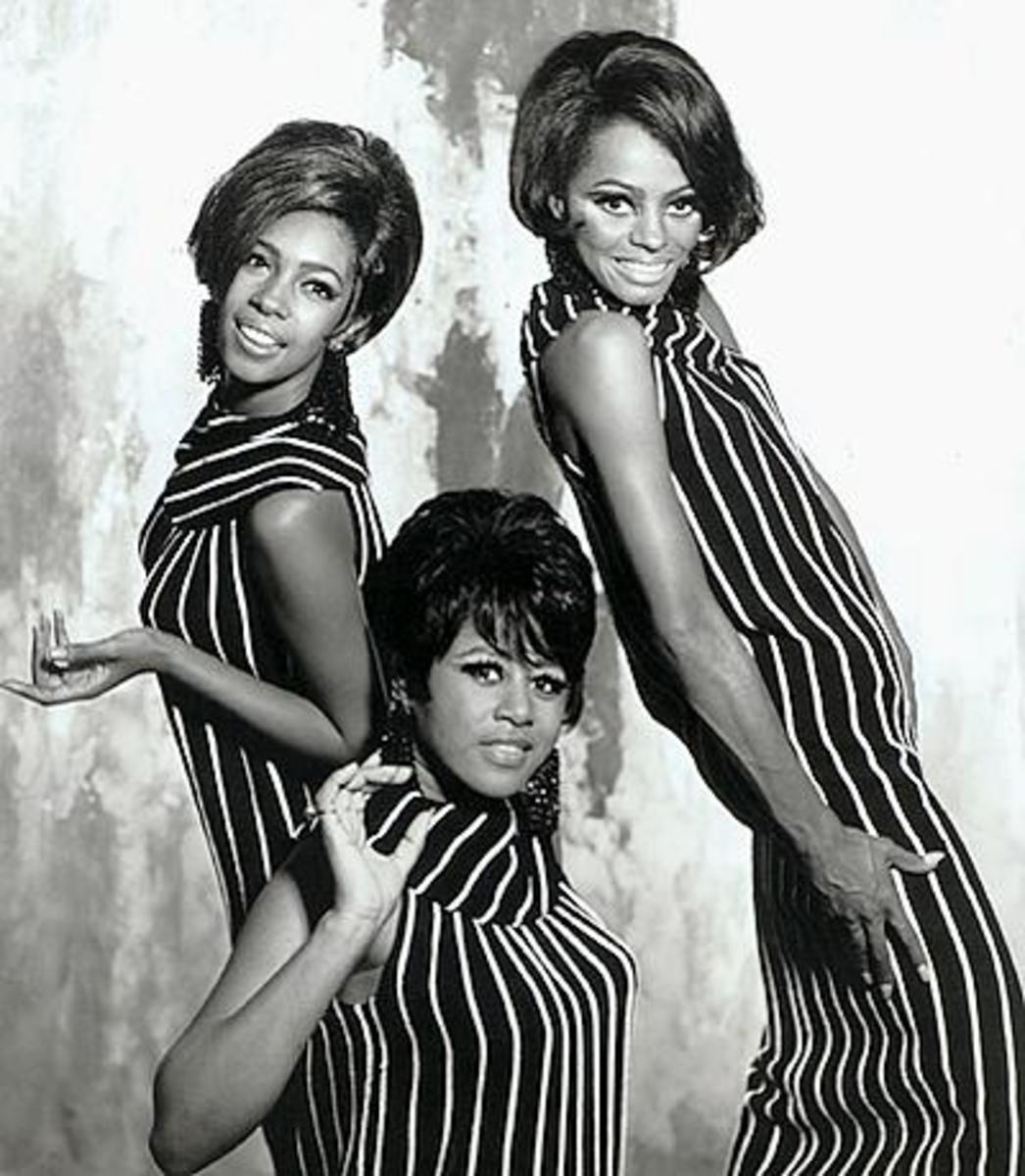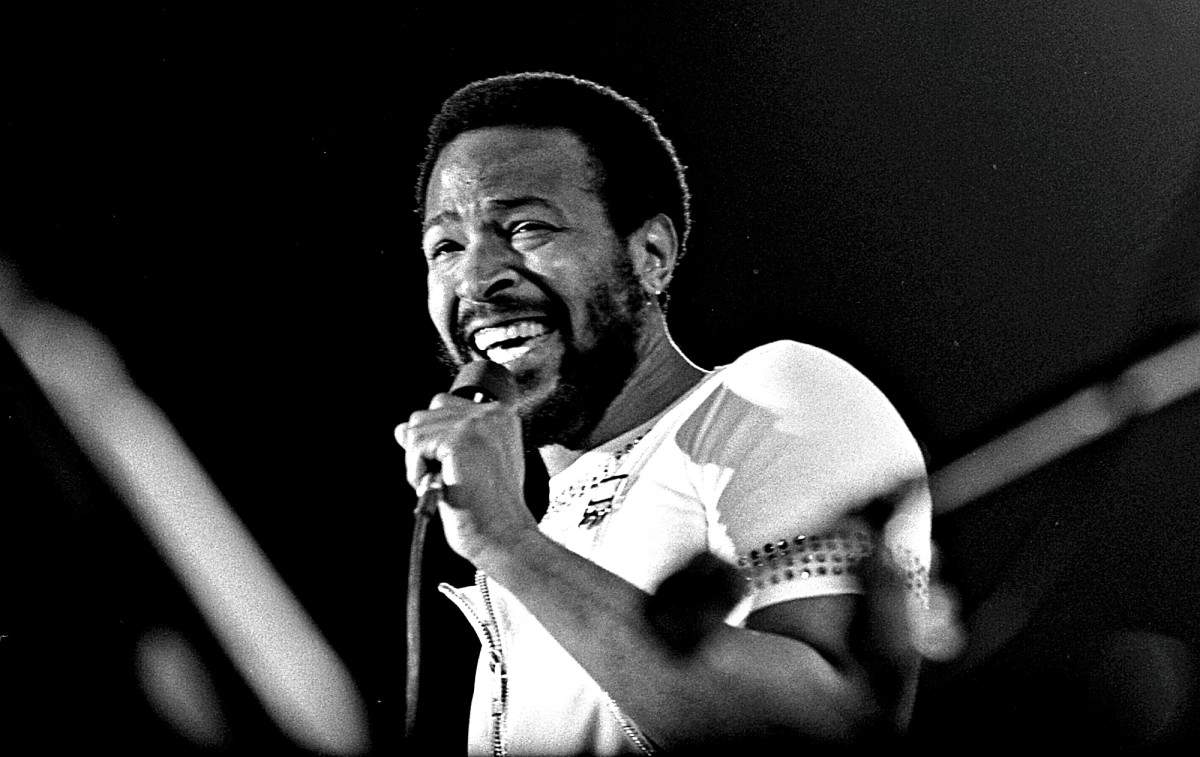Introduction to Blaxploitation Film Music
What are "Blaxploitation" films?
Blaxploitation films of the early 1970s were low-budget action films aimed at African-American audiences that provided larger-than-life heroes and entertainment to Black urban audiences. The films were extremely popular, and from late 1971 through early 1975 films that fit the Blaxploitation genre were released at a rate of about one new film every three weeks. Although most of the films centered on crime and contemporary action plots in large urban areas, the genre was expanded to include horror, martial arts, comedies, and Westerns.
Melvin van Peebles’ independent production of Sweet Sweetbacks Baadasssss Song was released in April 1971, and Shaft, directed by Gordon Parks, was released by MGM in July 1971. Sweetback was made on a budget of $150,000 and took in a box office of $15 million. Shaft was made for half a million and took in $13 million at the box office, while winning acclaim and heavy sales for Isaac Hayes’ double album soundtrack. The enormous profits from these two films heralded the rise of the Blaxploitation genre, and set the formula for the early Blaxpoitation films—many of which were produced by low-budget exploitation studio American International. By the Spring of 1972, Black urban films with complex soundtracks were a staple in theaters and music stores.
Shaft, 1971. Directed by Gordon Parks.
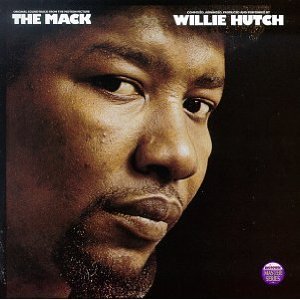
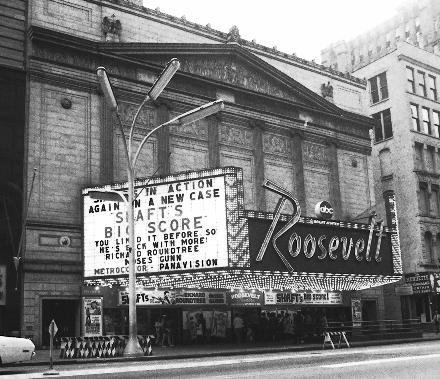
The Blaxpoitation phenomenon occurred in part because of an awkward development in America’s urban history.Several years after nearly every codified barrier to integration had been ruled unconstitutional in the courts and in practice, an accelerated period of White flight from many urban areas left the magnificent infrastructure of palatial movie houses intact, but without film product to attract predominantly Black audiences.Blaxploitation films popped up almost overnight to fill the need.The genre lasted about as long as it took for the story lines to become redundant and suburban theaters to be constructed to accommodate a newly-suburbanized White population. After Blaxploitation’s heyday, Spanish language films also began to fill the urban theater product needs, and some downtown theaters specialized in second-run releases.It wasn’t long before many enormous, grand urban theaters began to close in the early 1980s.
The genre has been parodied often ( but mostly lovingly) for its over-the-top fashions, simplistic story lines, period slang, use of stereotypes, and sometimes shoddy production values in several films-- such as I’m Gonna Git You Sucka (1988) Pootie Tang (2001) Undercover Brother (2002) and Black Dynamite (2009). There have also been a few major films produced as a more serious homage to the genre, such as Original Gangstas (1996), Quentin Tarantino’s Jackie Brown (1997), and John Singleton’s remake of Shaft (2000).
In many ways, elements of contemporary rap and hip hop music also directly honor the Blaxploitation genre. The braggadocio, sexuality, violence, and conspicuous consumption in hip hop is often straight out of Blaxpoitation films like Super Fly and The Mack. Hip hop songs often use minor keys to underscore the foreboding and dangerous feel of urban life, similar to most of the soundtrack music from Blaxpolitation films. Sampled music from the Blaxploitation period abounds in hip hop, and rather than eliminating the pops, scratches, and disc noise from older records, hip hop producers often accentuate it to emphasize its roots.
One of the reasons hip hop artists love to sample music from the Blaxploitation era is its unique sound. The music was played by seasoned, virtuoso musicians at the top of their game. It featured lush string sections, tight horn sections, and nuanced rhythm sections. The sound was recorded, mixed and played on analog equipment—providing a lush, dense, flowing quality that is difficult to recreate exactly with modern digital technology.
If you’re not aware of the great canon of music produced for the Blaxploitation film soundtracks, the following playlist of soundtrack music is a good place to start. I’ve also included some additional non-soundtrack hits influenced by the genre to augment the list and fill out a couple of hours of period music for context.
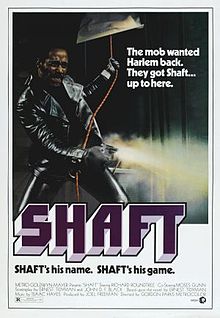
Blaxploitation Soundtrack Essentials
Isaac Hayes – Theme from “Shaft” (1971)
No other piece of music more embodies the Blaxploitation genre’s musical ethos than Isaac Hayes’ Theme from “Shaft.” Winner of the Academy Award for Best Original Song, and one of the top hits from 1971—reaching #1 for two weeks on the Billboard Hot 100. At the Academy Awards in 1972 Hayes performed the song live in his chainmail vest, but later in the program accepted the statuette in a tuxedo. Hayes also wore the chainmail vest in Stax Records’ 1973 concert film Wattstax, a live concert performed in fall 1972 at the Los Angeles Coliseum.
Marvin Gaye – Trouble Man (1972)
Although the film itself was not particularly successful, the soundtrack by Marvin Gaye won high praise. It was a labor of love for Gaye, who was at the top of his game (the album was released between What’s Going On? and Let’s Get It On, two of his most successful records). Gaye wrote and arranged all the songs except one, performed all the vocals, and played drums and piano on the record. It also has one of the best screams in the history of R&B.
Bobby Womack – Across 110th Street (1972)
Bobby Womack wrote and performed all the songs on the soundtrack from this successful film that pulled in $10 million at the box office. The title song reached #56 on the pop chart and #19 on the R&B chart. Womack’s tour de force was reprised in two neo-Blaxploitation films, 1997’s Jackie Brown and 2007’s American Gangster.

Curtis Mayfield – Superfly (1972)
Curtis Mayfield – Freddie’s Dead (1972)
Curtis Mayfield – Pusherman (1972)
Released in July 1972, Curtis Mayfield’s epic soundtrack album probably would have been a classic if it hadn’t had a major motion picture attached to the project. But would Mayfield have the same inspiration if he hadn’t immersed himself in the story and characters of the film? The soundtrack yielded two million-selling Top 5 Billboard Hot 100 singles in “Superfly” and “Freddie’s Dead.” Moreover, the LP reached #1 for four weeks on the Pop Album chart, #1 for six weeks on the Black Album chart, and #2 on the Jazz Album chart.
James Brown – The Payback (1973)
Written to be the soundtrack to Hell Up in Harlem (the sequel to Black Caesar), director Larry Cohen rejected Brown’s submission as not being funky enough. That’s right, the phrases “James Brown” and “not funky enough” were in the same sentence, unbelievably.
Willie Hutch- The Mack (1973)
Willie Hutch – Brother’s Gonna Work It Out (1973)
AllMusic.com calls Willie Hutch’s 1973 soundtrack for The Mack “one of the great '70s film scores”—high praise, considering they did not qualify the statement with limiting the praise to Blaxploitation films. The title song begins with a moody, evocative intro reminiscent of Jerry Goldsmith’s theme to 1974’s Chinatown before busting out into a full-fledged, driving funk groove punctuated by siren-like backing vocals. The final song on the album, the hopeful “Brother’s Gonna Work it Out,” made it to the Top 20 on the R&B charts and has since become a timeless epic (it was featured on the 1998 Chemical Brothers remix album).
Willie Hutch on Soul Train Performing Brother's Gonna Work It Out, 1973
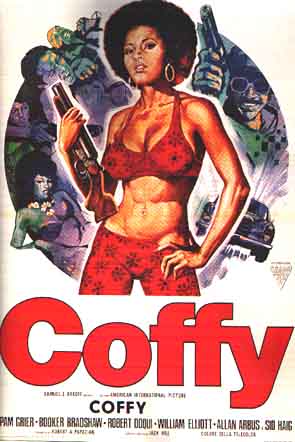
Roy Ayers - Coffy Is The Color(1973)
Most remembered for Pam Grier’s star-making turn as a nurse out for revenge against drug dealers, vibraphonist Roy Ayers’ excellent soundtrack for Coffy and memorable title song is one of the enduring classics of the genre. AllMusic.com gives the soundtrack a rating of 4 ½ stars out of five, and ranks Ayers’ effort with the Shaft and Superfly soundtracks.
Joe Simon – Theme From “Cleopatra Jones” (1973)
Millie Jackson – It Hurts So Good (1973)
The soundtrack to Cleopatra Jones was an enormous success. It sold over half a million copies, thanks in part to one of the biggest hits of Millie Jackson’s career being included as the love theme. “It Hurts So Good” reached #24 on the Billboard Hot 100 and #3 on the R&B chart. Outside of Joe Simon’s theme song and two vocals by Millie Jackson, the rest of the album has a jazzy feel.
Dennis Coffey – Theme from “Black Belt Jones” (1974)
Although the film was panned by critics and contributed to the kitschy reputation of Blaxploitation films, the soundtrack by White Motown funk guitarist Dennis Coffey (famous for his guitar part on The Temptations' "Psychedelic Shack") contains many of the endearing qualities associated with the best Blaxploitation soundtrack music.
Willie Hutch – Theme from “Foxy Brown” (1974)
After a critical and commercial home run with his 1973 soundtrack for The Mack, Willie Hutch hits a solid double with 1974’s Foxy Brown soundtrack. The highlight is the soaring, funky title song.
The Staple Singers – Let’s Do It Again (1975)
Title song of the 1975 sequel to 1974’s Uptown Saturday Night, featuring Sidney Poitier and Bill Cosby. Written by Curtis Mayfield and performed by fellow Chicagoans The Staples Singers, the song hit #1 on both the Billboard Hot 100 and R&B charts in December 1975.
Complementary Non-Soundtrack Songs from the Era:
Dennis Coffey – Scorpio (1971)
Ann Peebles – I Can’t Stand the Rain (1971)
War – Slippin’ Into Darkness (1971)
The Staple Singers – I’ll Take You There (1972)
Luther Ingram – (If Loving You Is Wrong) I Don’t Want to be Right (1972)
Billy Paul – Me and Mrs. Jones (1972)
Stevie Wonder – Superstition (1972)
The Bar Kays – Son of Shaft (1972)
Eumir Deodato – September 13 (1972)
Earth, Wind & Fire – Keep Your Head To The Sky (1973)
B.T. Express – Express (1974)
Ben E. King – Supernatural Thing (1974)
For an amazingly comprehensive review of the Blaxploitation film genre, its music, legacy and iconography, visit Blaxploitation.com.

